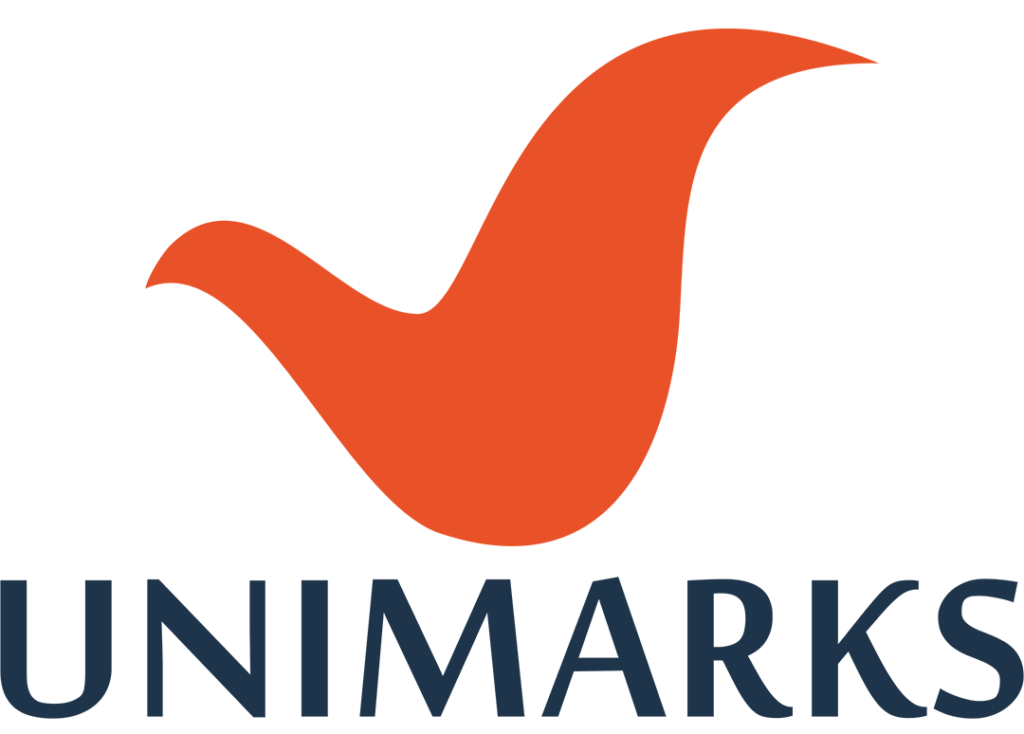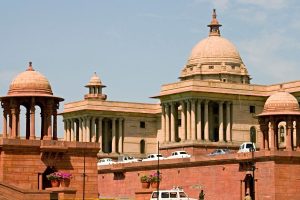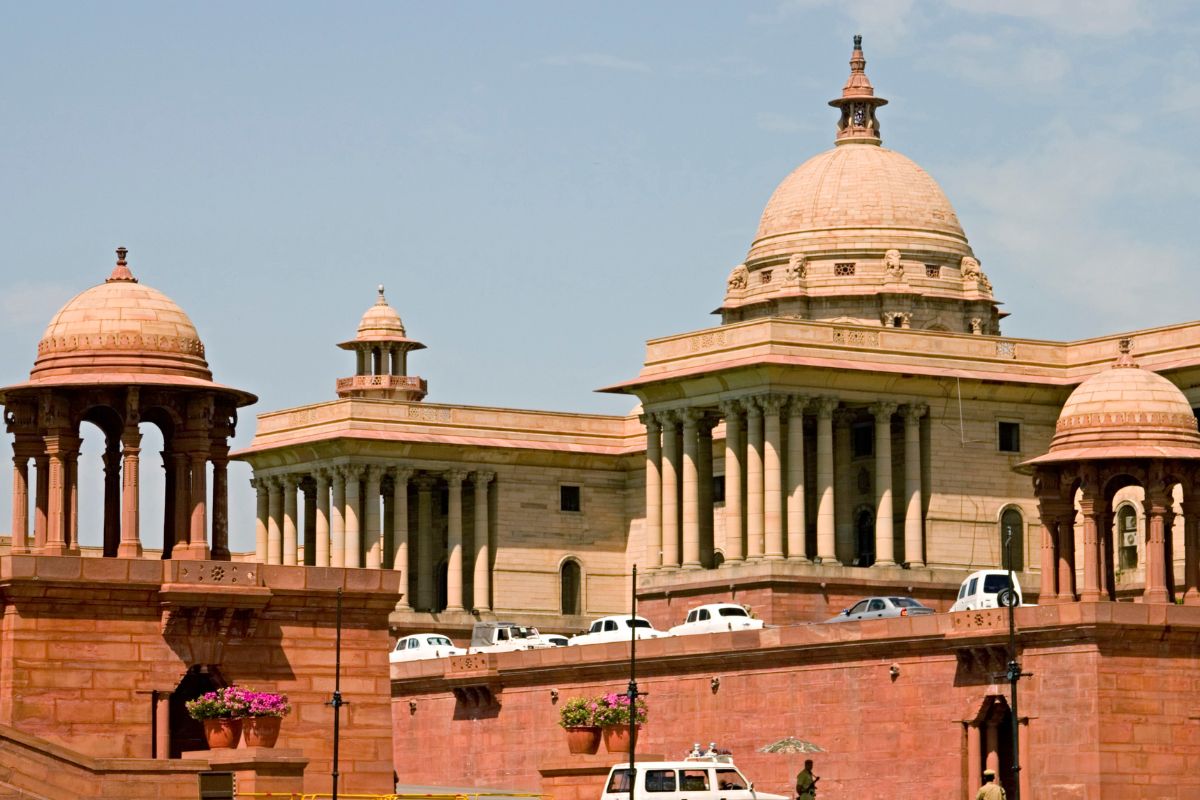First on the Global Scene, Then the Rest of IP Rights Shall be protected in India. Here’s How.
For international companies, expanding into a new market like India presents a huge opportunity, but it also comes with risks. What if you arrive to find that a local entity has already registered your well-established brand name? Do you have any rights if they were technically “first” to file in India? A landmark ruling from the Madras High Court in the widely-known trademark case of Media Monks vs. Patala Krishna provides a powerful and reassuring answer. This case is a critical read for any global brand owner, as it strongly reaffirms the principle of global prior use and shows that Indian courts will act decisively against bad faith trademark Registration.
Also Read : How the Madras High Court IP Division Is Redefining Trademark Law in India
The Showdown: A Global Giant vs. a Local Marketer
This case, decided on July 4, 2025, involved a classic intellectual property conflict.
- The Global Brand: Media Monks, a Netherlands-based digital advertising giant with a recognised global presence since 2001. They owned the domain
www.mediamonks.comfrom that time and officially began Indian operations in 2015. - The Local Registrant: Patala Murali Krishna, an independent Indian marketer who had registered the trademarks “Media Monk” and “Media Monk Label” in India, claiming use since 2009.
Media Monks filed for rectification—a legal process to cancel the local trademarks—arguing that the respondent’s adoption of the mark was done in bad faith.
Also Read : Rectification & Counterclaims: Procedural Innovations in Madras High Court IP Cases
The Core Argument: Global Prior Use and Bad Faith
Media Monks built their case on a simple but powerful premise: they were the original, global users of the mark long before the respondent registered it in India.
Also Read : Pharma Trademarks & Public Health: The IMOX vs. INIMOX Verdict Explained
Their key arguments were:
- Established International Reputation: Their use of the “Media Monks” mark dated back to 2001, giving them significant global recognition.
- Awareness Implies Bad Faith: They contended that the respondent, as an experienced digital marketer himself, must have been aware of their internationally famous brand. This awareness, they argued, proved his adoption was in bad faith.
- Supreme Court Precedent: They cited the 2004 Supreme Court case Milmanf Industries v. Allergan, Inc., which established that the earliest international usage of a mark can grant a brand “prior user” status, even if it wasn’t the first to register in India.
Also Read : Can You Trademark a Common Word? A Deep Dive into the ‘STAR’ Battle
Challenging a Favourable Trademark Opposition Order: A Lesson in Strategic Trademark Litigation
The Court’s Decisive Ruling
Justice Senthilkumar Ramamurthy of the Madras High Court sided firmly with Media Monks. The court’s reasoning was clear and methodical:
- Implausible Explanation: The court found the respondent’s explanation for how he came up with the name “implausible”.
- Knowledge of Prior Use: As an experienced digital marketer, the respondent admitted to using online tools like WHOIS. Evidence showed he was aware that Media Monks had owned the domain since 2001. This knowledge pointed directly to bad faith adoption.
- Delay Isn’t Consent: The court also clarified an important point: merely delaying legal action is not the same as consenting to infringement. A delay doesn’t excuse the initial act of bad faith.
The court allowed the rectification petition and ordered the respondent’s trademarks to be removed from the register, firmly upholding the principle of global prior use.
Also Read : Trademark Opposition Notice: Burden of Proof of Delivery- Madras High Court Landmark Judgement
Conclusion: A Shield for International Brands
The Media Monks judgment is a significant victory for protecting global brands in India. It sends a clear message that India’s legal system will not allow local entities to opportunistically copy well-known international marks.
For global companies, this ruling confirms that your established international reputation is a valuable asset that can be defended in Indian courts. You don’t necessarily have to be the first to file a trademark application in India to have enforceable rights, especially when you can prove that a local registration was made in bad faith.
Also Read : Deceptively Similar Trademarks: Never-Ending Conflicts from the Perspectives of the Madras High Court
Author: Suresh Kumar is an Advocate at the Madras High Court and Managing Attorney at Unimarks Legal Solutions, Chennai. Since 2008, he has focused on trademark enforcement and litigation across the Madras HC IP Division, Commercial Courts, and District Courts in Tamil Nadu.
Disclaimer: The content provided here for Information purpose only; it shall not be construed as a legal advice. Last reviewed: August 2025.





